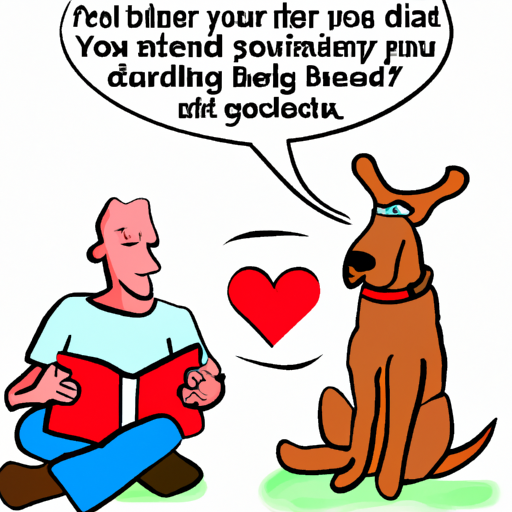“`markdown
Why Is My Dog’s Heart Beating Fast?
If you’re noticing your beloved pet’s heart beating rapidly, it’s understandable that you may be feeling worried. Let’s delve into this issue, explore the possible causes, and discuss ways to help your canine companion.
1. Understanding Your Dog’s Normal Heart Rate
First, it’s important to know what’s considered a normal heart rate for a dog. Just like in humans, this can vary depending on factors like age, size, and overall health.
For puppies, a normal heart rate may range from 160 to 200 beats per minute (bpm), while adult dogs typically have a resting heart rate between 60 and 120 bpm. Larger breeds tend to have slower heart rates, while smaller breeds often have quicker ones.
| Size of Dog | Normal Resting Heart Rate (bpm) |
|---|---|
| Small | 90-120 |
| Medium | 70-110 |
| Large | 60-100 |
2. Causes of a Fast Heart Rate in Dogs
If your dog’s heart rate is persistently high, there could be several reasons:
- Fear or Anxiety: Much like us humans, dogs’ heart rates can rise due to stress or fear. If there’s a thunderstorm, fireworks, or if they’re in an unfamiliar environment, they may feel anxious, leading to a faster heart rate.
- Overexertion: After a rigorous play session or a long walk, it’s normal for your dog’s heart rate to increase.
- Heatstroke: In hot weather, dogs can be prone to heatstroke which can cause a rapid heart rate.
- Medical conditions: Certain medical conditions can also cause a fast heart rate, including anemia, heart disease, and hyperthyroidism.
3. Identifying Other Symptoms
If your dog’s rapid heart rate is accompanied by other symptoms, it’s crucial to seek veterinary care immediately. These symptoms may include:
- Difficulty breathing
- Lethargy or weakness
- Loss of appetite
- Coughing
- Fainting or collapsing
4. What to Do If Your Dog’s Heart Is Beating Fast
- Stay calm: Your anxiety can transfer to your dog, increasing their heart rate.
- Hydrate: Ensure your dog has access to fresh water.
- Cool down: If it’s hot, help your dog cool down with shade or a fan.
- Seek veterinary care: If your dog’s heart rate remains high or they’re showing other symptoms, contact your vet.
5. Preventing Rapid Heart Rate in Dogs
Prevention is always better than cure. Here are some steps you can take:
- Regular exercise: This helps keep their cardiovascular system healthy.
- Keep them cool: Avoid taking them out in extreme heat.
- Regular vet check-ups: This can help catch any potential health issues early.
Frequently Asked Questions (FAQs)
Q1: How can I measure my dog’s heart rate?
Place your hand on their chest, count the number of beats in 15 seconds, then multiply by four.
Q2: Can diet affect my dog’s heart rate?
Yes, a diet high in fat and salt can lead to heart disease.
Q3: What if my dog’s heart rate doesn’t return to normal after cooling down and hydrating?
If your dog’s heart rate remains high, contact your vet immediately.
“`



